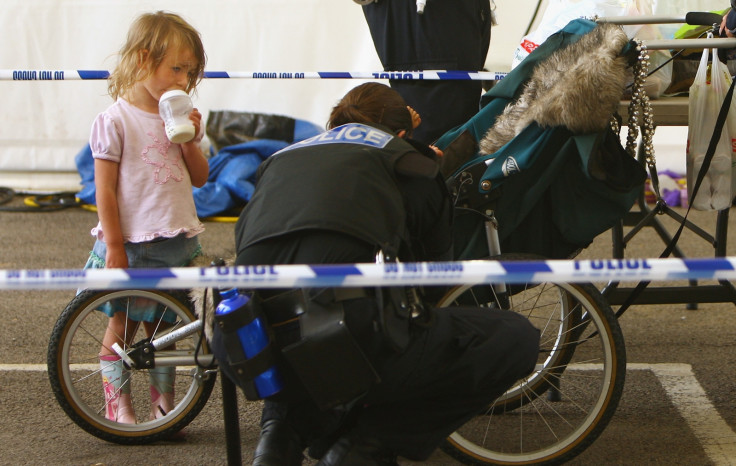UK police stop and search 1,000 children for terrorism and drug offences
Figures revealed 288 children under five frisked by police since 2010

Nearly 300 toddlers have been topped and searched by police over the past five years on suspicion of offences such as terrorism and anticipated violence.
According to figures, 288 children under the age of five were subjected to searches by officers in the UK, despite the government attempting to crackdown on the practice.
According to a Freedom of Information by the Sunday Times, 612 children under the age of 10 – who are under the age of criminal responsibility – were searched police during the same time period.
In response to the figures, police said in almost cases, the children were searched because they were suspected of being used by adults to conceal drugs, weapons or other stolen goods.
Metropolitan Police, the biggest police force in the UK, were found to have conducted the most searches on children under the age of five with 182. Greater Manchester Police (GMP) were second with 45.
Last year, a parliamentary report revealed more than 1,000 children under the age of 10 have been subject to stop-and-search practices by police in England and Wales over the last five years.
The figures, released by the All Party Parliamentary Group for Children, also suggested that stop-and-search was used being used "disproportionately" on black and ethnic minority children.
Home secretary Theresa may also previously warned "excessive and inappropriate" use of the practice damages public confidence in the police.
A Scotland Yard spokesperson said: "Stop-and-search is a legitimate power that is used by the Metropolitan Police Service to protect Londoners, tackle crime and keep our streets safe.
"The searching of children under 10 years old represents an extremely small percentage of the MPS' total search activity: 0.02% in 2013/14.
"It is very unusual for under 10-year-olds to be stopped and searched, however there are occasions when young children are concerned in crime or anti-social behaviour, and it is necessary for officers to carry out a search to prove, or as may be the case disprove, their involvement without needing to arrest instead.
"In many cases, the young person has in fact been exploited by an adult and persuaded to carry or conceal items on their behalf. For example, some offenders hide items in pushchairs or in children's clothing in an attempt to avoid detection.
"In such cases the child would be considered to be vulnerable and in need of protection rather than dealt with under the criminal code."
© Copyright IBTimes 2024. All rights reserved.






